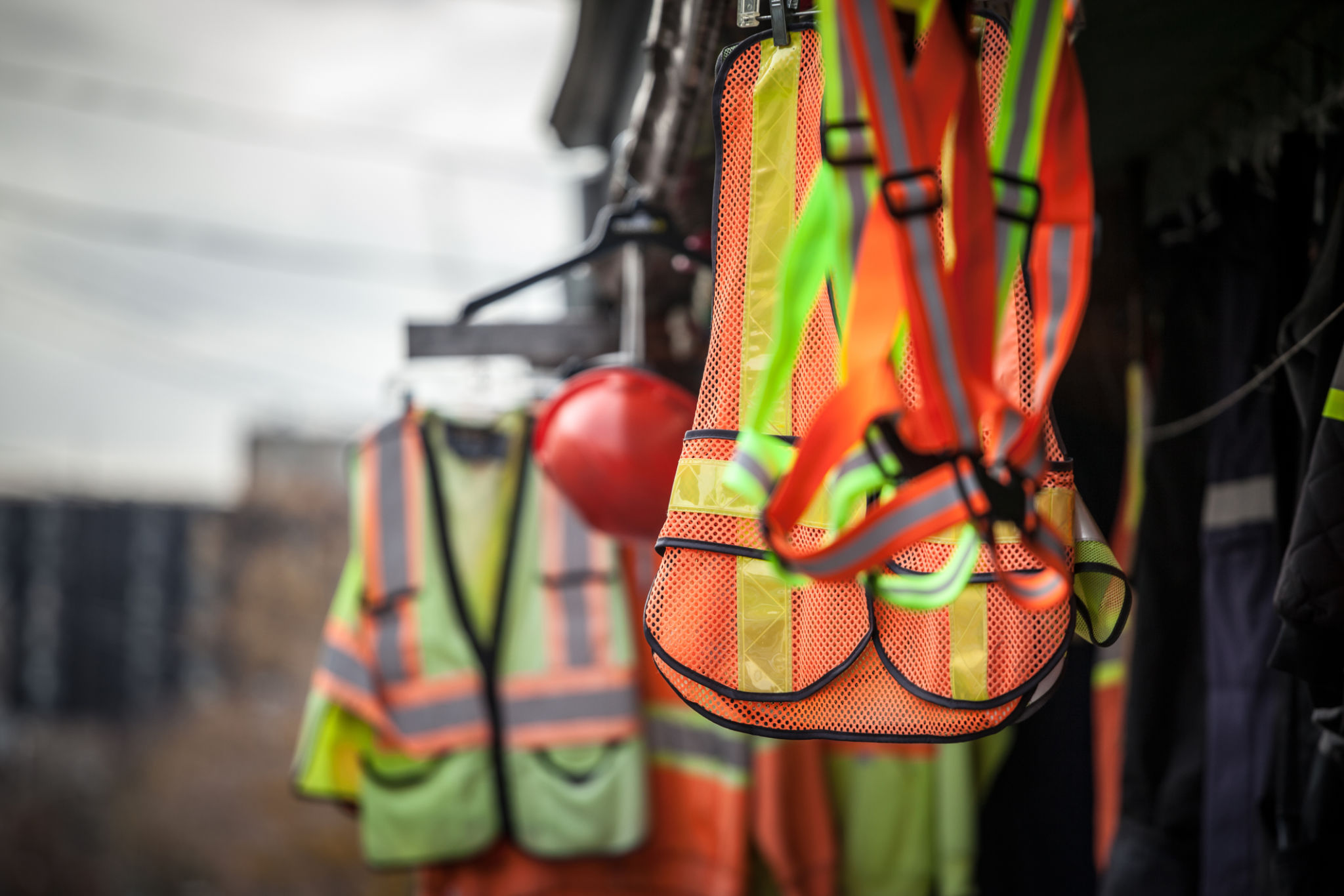Understanding Local Regulations for Road Construction in Macuata
KT
Introduction to Road Construction Regulations in Macuata
Road construction is a crucial aspect of infrastructure development, facilitating connectivity and economic growth. In Macuata, understanding local regulations is essential for successful project execution. These regulations ensure that construction projects adhere to safety, environmental, and community standards, ultimately benefiting the residents and visitors of the area.

The Importance of Compliance
Compliance with local regulations is vital for any road construction project in Macuata. Adhering to these rules not only ensures the safety of workers and the public but also minimizes environmental impact. Moreover, compliance helps avoid legal issues and potential fines that can arise from neglecting regulatory requirements.
Contractors should familiarize themselves with the specific regulations that govern road construction in the region. These may include guidelines on materials, construction methods, and safety protocols. By understanding and implementing these rules, contractors can contribute to the sustainable development of Macuata's infrastructure.
Key Regulations for Road Construction
Several key regulations guide road construction projects in Macuata. These regulations cover various aspects of construction, including:
- Environmental Protection: Ensuring minimal environmental disruption during construction is paramount. Regulations often require assessments to prevent damage to local ecosystems.
- Safety Standards: Worker and public safety are top priorities. Regulations mandate strict adherence to safety protocols to prevent accidents.
- Community Engagement: Construction projects should engage with local communities to understand their needs and address any concerns.

Environmental Considerations
Environmental protection is a significant concern in road construction. In Macuata, regulations aim to minimize the ecological footprint of projects. This includes conducting environmental impact assessments (EIAs) before commencing work. EIAs help identify potential environmental effects and propose mitigation measures.
Contractors must also be aware of regulations regarding waste management and pollution control. Proper disposal of construction debris and measures to prevent soil erosion are essential components of environmentally responsible construction.
Navigating Permits and Approvals
Securing the necessary permits and approvals is a critical step in road construction projects. In Macuata, this process can involve multiple local government agencies. It is crucial for contractors to engage with these agencies early in the planning stages to ensure a smooth approval process.
The required permits may include zoning approvals, environmental clearances, and construction permits. Understanding the specific requirements and timelines for each permit can help avoid unnecessary delays in the project schedule.

Community Involvement
Engaging with the local community is an essential aspect of road construction in Macuata. Community involvement ensures that the project aligns with local needs and addresses any concerns residents may have. Public consultations and feedback sessions can provide valuable insights, helping to build community support for the project.
Working closely with community leaders and stakeholders can also facilitate smoother project execution by addressing potential conflicts before they arise. This proactive approach fosters goodwill and enhances the project's overall success.
Conclusion
Understanding local regulations is fundamental for successful road construction projects in Macuata. By prioritizing compliance with environmental, safety, and community standards, contractors can contribute positively to regional development. Navigating permits and actively engaging with local communities are equally important steps that ensure projects are completed efficiently and sustainably.
Adhering to these guidelines not only benefits the project's stakeholders but also serves as a model for responsible construction practices in other regions.
